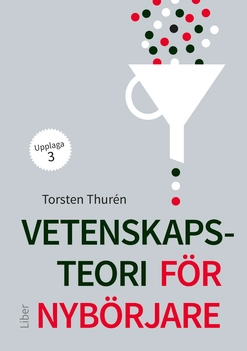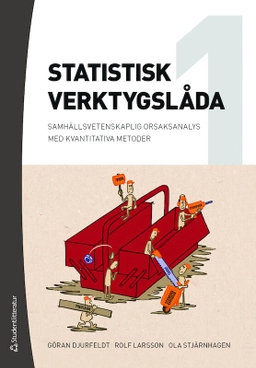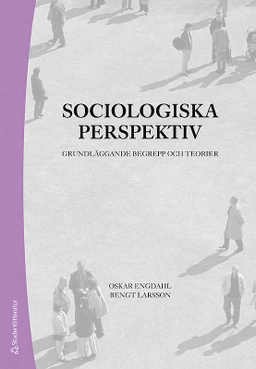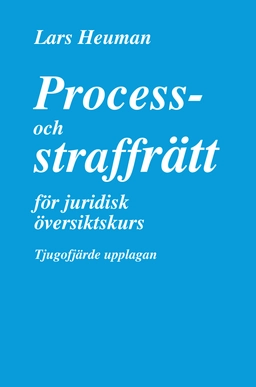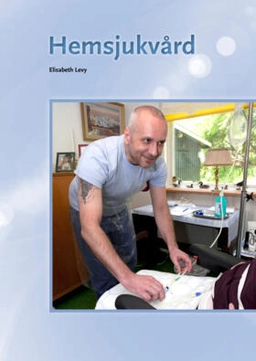

Incomplete Revolution: Adapting Welfare States to Women's New RolesUpplaga 1
- Upplaga: 1a upplagan
- Utgiven: 2009
- ISBN: 9780745643168
- Sidor: 200 st
- Förlag: John Wiley & Sons
- Format: Häftad
- Språk: Engelska
Om boken
Åtkomstkoder och digitalt tilläggsmaterial garanteras inte med begagnade böcker
Mer om Incomplete Revolution: Adapting Welfare States to Women's New Roles (2009)
I oktober 2009 släpptes boken Incomplete Revolution: Adapting Welfare States to Women's New Roles skriven av Gosta Esping-Andersen. Det är den 1a upplagan av kursboken. Den är skriven på engelska och består av 200 sidor. Förlaget bakom boken är John Wiley & Sons som har sitt säte i Hoboken.
Köp boken Incomplete Revolution: Adapting Welfare States to Women's New Roles på Studentapan och spara uppåt 55% jämfört med lägsta nypris hos bokhandeln.
Referera till Incomplete Revolution: Adapting Welfare States to Women's New Roles (Upplaga 1)
Harvard
Oxford
APA
Vancouver







